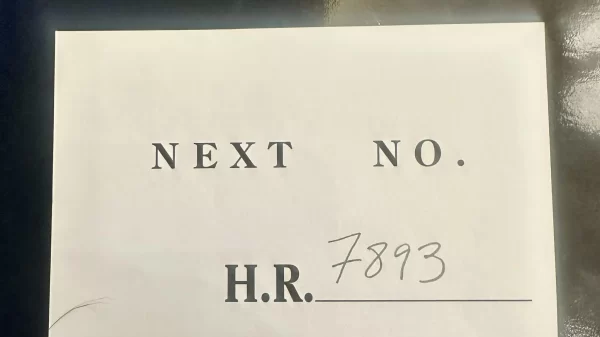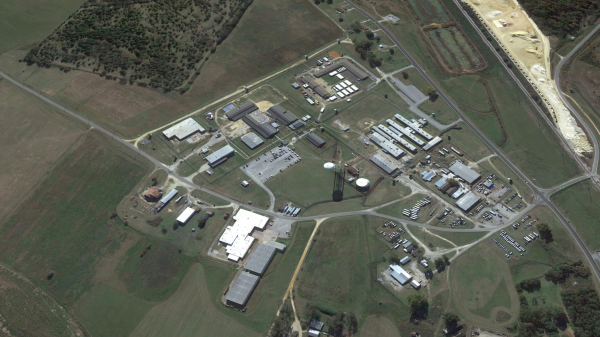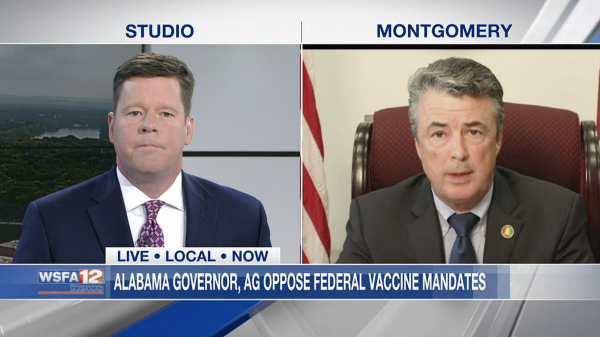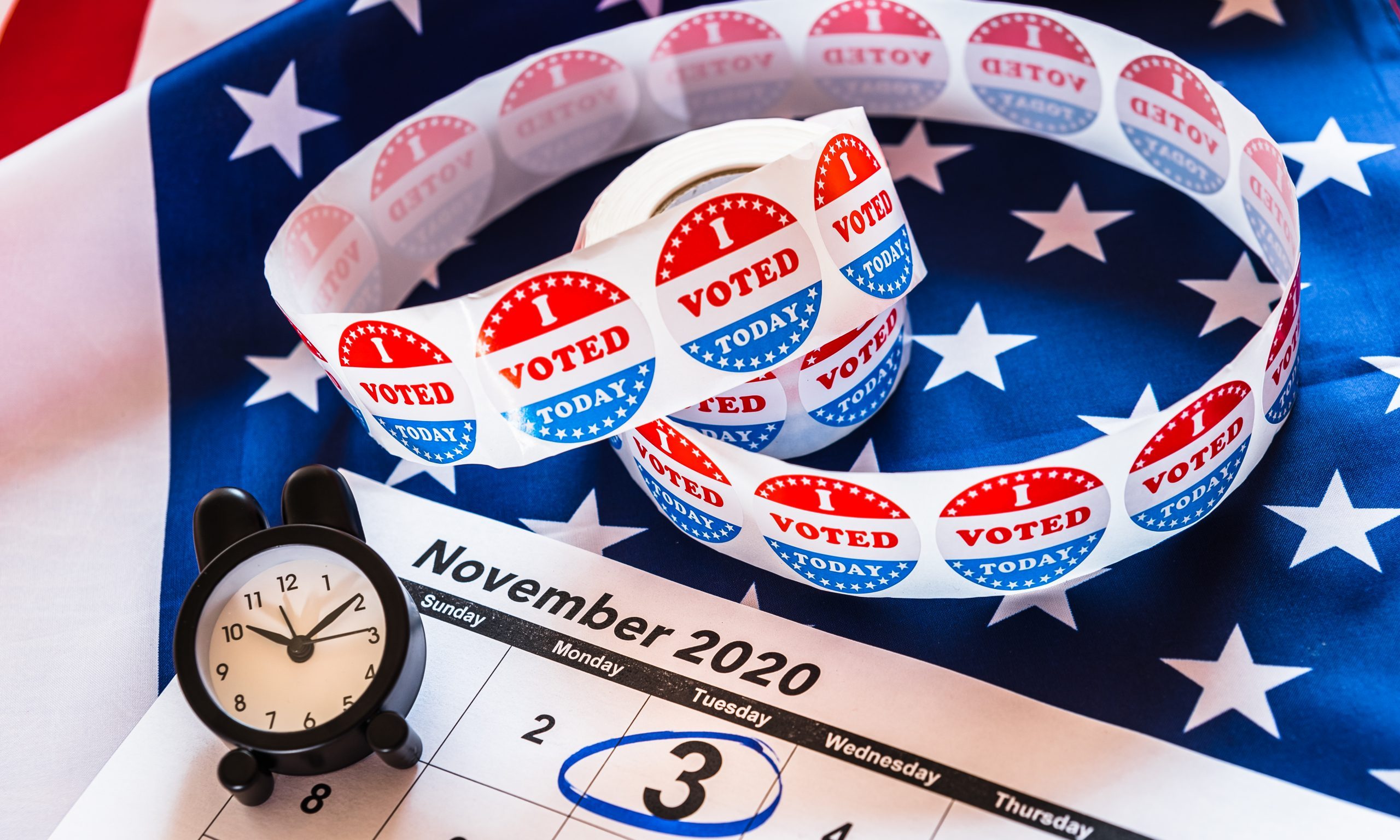By Brandon Moseley
Alabama Political Reporter
In a press release today, the U.S. Fish and Wildlife Service announced new restrictions on four nonnative snakes. Secretary of the Interior Ken Salazar has declared that the Burmese python, the yellow anaconda, and the northern and southern African pythons are injurious to native wildlife. Using powers granted to the U.S. Fish and Wildlife Service by Congress under the Lacey Act, Secretary Salazar has announced that it is now illegal to import the four snakes into the United States and interstate transport of the giant nonnative snakes is now illegal.
The four giant snakes are routinely sold as pets. However when the pets escape or are abandoned by their owners they escape into the wild. Typically in an environment such as Alabama the snakes which are adapted to a tropical environment freeze during our winter. This is not the case in warmer climates such as south Florida where the big snakes have proliferated in the Everglades.
The press release says, “Thanks to the work of our scientists, Senator Bill Nelson, and others, there is a large and growing understanding of the real and immediate threat that the Burmese python and other invasive snakes pose to the Everglades and other ecosystems in the United States,” Salazar said. “The Burmese python has already gained a foothold in the Florida Everglades, and we must do all we can to battle its spread and to prevent further human contributions of invasive snakes that cause economic and environmental damage.”
“Burmese pythons have already caused substantial harm in Florida,” said U.S. Fish and Wildlife Service Director Dan Ashe. “By taking this action today, we will help prevent further harm from these large constrictor snakes to native wildlife, especially in habitats that can support constrictor snake populations across the southern United States and in U.S. territories.”
Those four species were listed as threats of breeding and establishing populations in the United States in a 2009 report prepared by the U.S. Geological Survey, ‘Giant Constrictors: Biological and Management Profiles and an Establishment Risk Assessment for Large Species of Pythons, Anacondas, and the Boa Constrictor.’
The rules will go into effect sixty days after the final rule is published in the ‘Federal Register.’ The rule will ban “interstate transport and importation of live individuals, gametes, viable eggs, or hybrids of the Burmese python, northern and southern African pythons and yellow anaconda into the United States will be prohibited.” These four species are not native to the United States.
The Fish and Wildlife Service is still in the process of studying whether or not to pass similar rules on the reticulated python, boa constrictor, DeSchauensee’s anaconda, green anaconda and Beni anaconda.
The press release said, “Most people who own any of these four species will not be affected. Those who own any of these four species of snakes will be allowed to keep them if allowed by state law. However, they cannot take, send, or sell them across state lines. Those who wish to export these species may do so from a designated port within their state after acquiring appropriate permits from the Service.”
The U.S. F.W.S. press release says, “The Burmese python has established breeding populations in South Florida, including the Everglades, that have caused significant damage to wildlife and that continue to pose a great risk to many native species, including threatened and endangered species. Burmese pythons on North Key Largo have killed and eaten highly endangered Key Largo wood rats, and other pythons preyed on endangered wood storks.”
Controlling an expanding Burmese python population in south Florida is costing the federal and state government millions of dollars. The government hopes that these new regulations will keep the problem from spreading to other areas.
According to the press release, “the injurious wildlife provisions of the Lacey Act, the Department of the Interior is authorized to regulate the importation and interstate transport of wildlife species determined to be injurious to humans, the interests of agriculture, horticulture, forestry, or to wildlife or the wildlife resources of the United States.”




















































